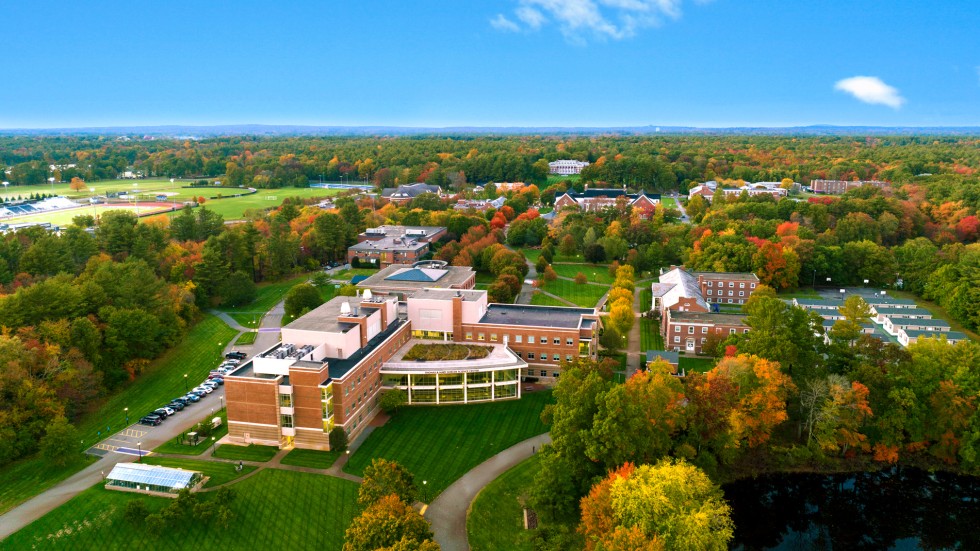The Digital Humanities minor is offered by the English Department in the May School of Arts and Sciences .
Laura Scales
Cushing-Martin 123
508-565-1793
lscales@stonehill.edu
Mission of the Program
The Digital Humanities minor at Stonehill invites students to explore their world at the nexus of computer science and the humanities. Our program represents a broad array of interpretive methodologies, computational skills, and cross-disciplinary strategies for understanding and representing human knowledge, creations, and community. Studies in the digital humanities apply computational models for analyzing and visualizing data to the inquiry and study of traditional humanities disciplines, such as literature and languages, philosophy, history, religious studies, and the arts as well as the social sciences and business.
This six-course multidisciplinary minor, housed in the English Department and run in partnership with the Digital Innovation Lab, offers collaborative mapping, visualizing, interpreting and digital archiving strategies and project-based learning experiences that yield new insights into history, politics, economic relations, social structures, belief systems, and culture. Courses for the digital humanities minor are “digital-intensive,” which means that the coursework involves substantial use of or engagement with information technologies and computational tools for humanities research, algorithmic analysis, digitization of materials and artistic production.
Digital Humanities students pursue coursework in their choice of disciplines in order to develop practical information literacy, data analysis, data visualization, coding and web design skills, combined with such humanities approaches as literary analysis, cultural studies, visual and performing arts, and media production. While the program allows students to tailor the minor to their own scholarly, creative, and professional interests, all graduates will emerge with the cultural competency and critical thinking that the humanities foster, along with the competitive edge in the post-college job market that a digital skill set provides.
Learning Goals
Minors in Digital Humanities will:
- Advance in three core curriculum areas: digital literacy, applied digital skills, and digital cultural studies.
- Acquire practical information literacy, data analysis, data visualization, coding and web design skills.
- Recognize that digital media, including the algorithms that govern many aspects of contemporary life, are shaped by historical and cultural contexts.
- Understand how to approach digital media as a set of historical, cultural, and aesthetic practices both distinct from and in resonance with other forms of expression.
The minor in Digital Humanities requires the completion of six courses.
